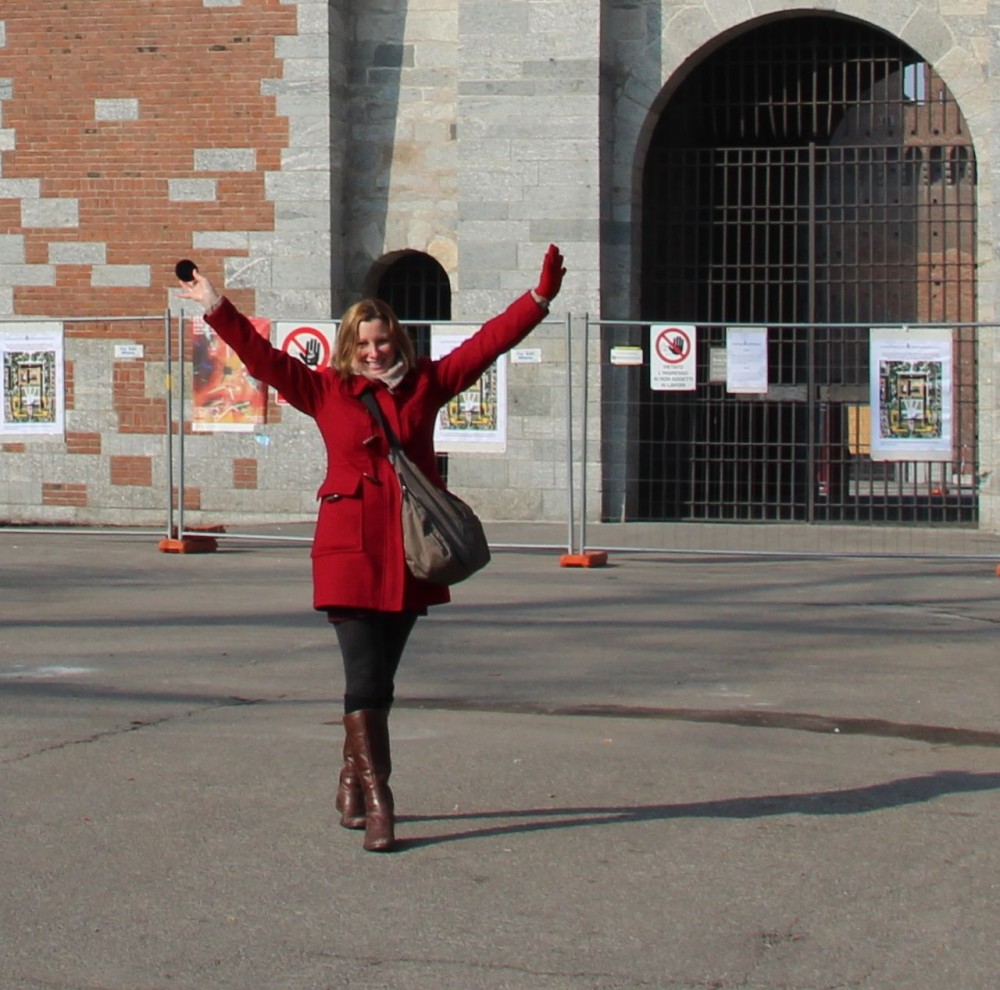My favourite things in life don’t cost money. It is really clear that the most precious resource we all have is time. – Steve Jobs
Time Currencies
In economics, a time-based currency is an alternative currency where the unit of exchange is the man-hour. This traditional definition is usually referred to corporate “America” where you bank time, usually traded for group projects and only valued inside a corporation, as it has no monetary value outside of work. An alternative definition of time currency is used in volunteer organizations to measure your hours donated to the social capital.
‘Time Currency’ for our purposes refer to the value of our time not working, a system where time doing activities outside of work has more value than money.
For instance a life based on the Time Currency theory would involve a life closer to home, where time as a family has weight and passive income would be the ideal.
Living on less, but living with more time together would have more value than two people working but have little time for each other or outside activities. It would be a balance between work and play, that would allow for all hobbies and activities, time to pursue your natural interests and not spending the majority of your time focused on work, travelling to work and the trivia involved around work.
When I first heard the idea of ‘Time Currency’, my first reaction was to reject it completely. It went against every engrained fabric of my being. My good friend Francesca told me about how the people of her generation have a different value system, one based on time and how their free time out weighed any other value system, including money. I took a moment to absorb this idea. I was in my mid thirties and the concept was more than foreign.
Of course, I was brought up to believe if I work hard and long enough at something, I would be valued and promoted accordingly, until I reached the level of monetary status I wanted to achieve. Working hard when I was young, building a savings account for my future was the only things that mattered to me. That meant 10 years without calling in sick, working every shift my boss gave me without complaint; including working until midnight 5 days a week for 4 years. I worked overtime when I held a management position. In fact my first 7 years at Canada Safeway I had accumulated enough sick, vacation and ‘accumulated time off’ to get an additional 8 weeks off with pay on top of my 3 weeks of paid vacation and statutory holiday pay. I worked hard, missed most family events and lost many dear friends. I even had a part-time job to go along with my full-time job. I did not value my time in the slightest. I was a slave to the dollar.
When I reached my late 20’s, I noticed a high turnover in younger people doing the same job I was doing. They did not want to work evenings past 5:00 pm or the weekends, because that was their time with their friends and families. They worked few holidays and most were fired. Eventually management had to appease some of these people to fill the positions. Imagine the reaction of our senior employees watching the new staff members leave earlier than them or not show up for their holiday shifts at all. The pendulum was about to swing, and changes were coming.
For years I thought what a lazy bunch of workers. How will they ever get ahead? I actually felt sorry for them, their lack of work ethic, one that was drilled into me by my immigrant parents.
Rules I grew up with
#1 Never quit a job before having a new one.
#2 Never say no to work
#3 Always respect your boss, as if he was god
#4 Do as your boss says, no matter what
My parents came from communist Hungary, brought up by parents who went through the war. They came from thick stalk, raised on farms and the work ethic and when they came to Canada they assumed the same rules apply. Sure, to follow these rules do work if you want to be one spoke on the tire and not the driver of the car. The rules will only get you one position in life; the worker.
I could never imagine myself telling my kids, listen to your boss at all costs. It sounds ridiculous. They may have an egocentric boss and I would hope my child’s judgement would stop them from doing anything they were not comfortable with. The movie The Experimenter pops into mind, placed in 1961, famed social psychologist Stanley Milgram conducted a series of radical behavior experiments that tested ordinary humans willingness to obey authority.
I have had different bosses over the years and their personalities vastly vary. To follow their advice no matter what, would probably get me to the same fate as them, which is the end of the ladder, working long hours, and a slave to work. You really can not work up to CEO of any company in this day and age. Those choice spots go to the elite, their family and friends.
Instead, why not teach our kids to start their own companies, explore their natural interests and instincts or even find out what makes them happy.
Now I think those kids that did not turn up for work, came in late or refused to work harder uncomfortable shifts are probably doing much bigger things than I gave myself permission to do. They thought, why would I want to give up my cousin’s wedding or grandma’s birthday? No thanks, I am going to spend Christmas with my family. Their time was far more important than $10, $15 or even $18 per hour, even if it meant $28 down the line, which is what I was making. Giving themselves boundaries, especially valuing them at an early age, might get to a career that ticks all your personal career boxes sooner. One where you end up with a more balanced life. One based on time currency. And saying I really value my time, is not wrong, but essential for self esteem.
If I had said no to work and put myself first sooner, I would have tried something like moving to the south France long ago.
The next generation is a smart bunch. Not only is time currency important, but so is something far greater, happiness. And the pursuit of happiness is really the bottom line of our existence.
No one gets out alive so let’s make it a happy time, right?
What more can a parent hope for? Deep down we all want to be happy. The next generation understands the value of time. If my children could value their time and be happy, my job is done.
Thanks Francesca for changed my thinking by one degree, just enough to change my entire life. Still pursuing happiness in southern France.












[…] when the idea of “Time Currency” was presented to me. Click the link to our blog “My Expat Life, That’s Hamori” to read […]
[…] personal journey will be completely different from another’s. For instance, a life based on Time Currency may be replaced by a life based on money. It really depends on who you are, where you are in your […]
[…] beginning of the story of why our family left Canada in the first place. It was something called Time Currency, the ideology that we expanded to include time together as a family. When we are not working, […]
[…] on family time and not money. We decided to renovate our life and to find a life reflecting those time currency values. Saturated in a life influencing me not to change, I was a certain person. It was getting […]
[…] here with two suitcases and a theory of time currency, we honestly believe time has more value than money. We found the slower paced life we were […]
I wonder what else I got wrong all these years? Hmm
I couldn’t agree more! My parents brought me up the same way, my dad is a serious workaholic, so I definitely understand that this goes against your natural tendency. Once I realized my time was way more important than putting in a few more hours at work, I started feeling much more relieved and happy.
Time is more valuable than money, there it is! I was waiting for it and Justin hit it on the head.
Great thoughts!
It would seem that time is not money after all. In fact, it’s way more valuable than money!
I think the new generation has got it good. What you say of your parents is not familiar to most of the new generation. They have always had a choice to work or take it easy, most of our parents/grandparents didn’t always have this choice. It is tough to live freely when you can so easily remember losing your freedom. It’s not something many are mentally able to risk.
It sure is a blessing to be able to see all the benefits in choosing time over money. The new generation has it good, and I am glad they are taking advantage of it.
Those are great points. In Budapest nothing is open Sundays except tourist restaurants, and the occasional corner store. I would love to have things go back to a simpler time, where we worked to live and not lived to work.
You make some excellent points in your post, but I also agree with the comments by Debbie and Cris. Balance is the key!
I do agree that balance in life needs to be struck. My experience with the younger generation is they have swung way to far the other way. Their work ethic seems to be non-existent. I don’t think anyone, except for emergency people, should have to work holidays and limits need to be set on the number of hours worked but this entitlement attitude of this generation is a little much.
Comments are closed.